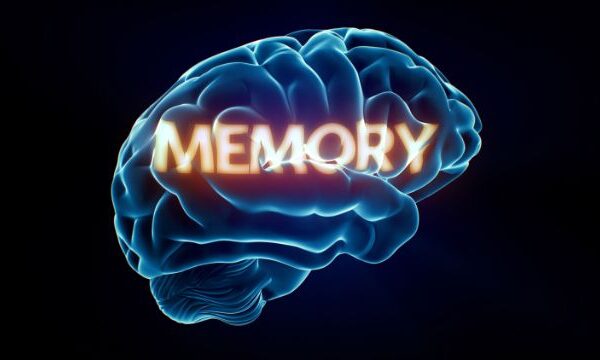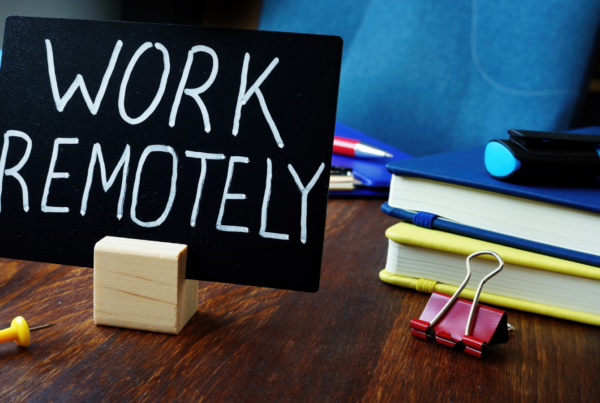Playwright Anton Chekov once observed that “any idiot can face a crisis.”
Unfortunately, while that makes for a nice theatre quote, it’s not true in everyday life.
I was thinking about Chekov during the recent crisis in New Orleans, which was caused by Hurricane Ida.
In hurricanes you see people making some poor decisions, and making a challenging situation even worse.
These folks are not necessarily dumb. They just aren’t dealing with effectively with reality.
You don’t need a crisis to observe people distorting reality. It happens all the time, everywhere.
But, let’s just focus on disasters.
Crisis Management 101
When you’re in a hurricane, wildfire or earthquake there‘s a lot of uncertainty and confusion. Needless to say, most people don’t function well in those circumstances.
But some people do. Some make smart decisions.
And some people are actually trained to make better decisions. People in the military, for example.
Elite soldiers learn to deal with what are called V.U.C.A. situations. Getting shot at is a classic V.U.C.A. situation.
V.U.C.A stands for volatile, uncertain, complex, and ambiguous.
Military VUCA
Obviously, being shot at is a volatile situation. And it often becomes confusing (i.e. uncertain) to where you aren’t sure if who’s a friend or foe (i.e. ambiguity).
There’s often some complexity too.
As you might guess, if you’re not prepared to deal with VUCA situations you’re more likely to make bad decisions that make things worse.
Non-Military VUCA
Hurricanes and other natural disasters often present VUCA situations (i.e. confusion, panic, conflicting or ambiguous news reports).
And, even in ordinary modern life we find ourselves dealing with complexity, confusion and misinformation. Technology is probably responsible for a lot of this.
So…
What’s the best way to deal with VUCA situations? Well, let’s look at the military and another one of their acronyms.
OODA
Have you ever heard the phrase, “ready, fire, aim”? It’s used to refer to people not taking the time to aim before they fire.
Not good, right?
Firing before aiming is an ineffective tactic for hitting a target. And yet this is what people often do.
Both literally and figuratively.
So John Boyd developed something called the OODA loop as a way of making better decisions in VUCA situations.
Specifically, Boyd developed OODA to help fighter pilots make better decisions when engaged in a dog fight.
But it’s useful for dealing with any kind of crisis situation. OODA stands for:
- Observe
- Orient
- Decide
- Act
In other words, it’s an antidote to impulsive action that leads to poor decisions.
There’s a lot to say about the OODA process, but the essence of it (in my mind) is the first two parts:
- See the real situation, not what you hope the situation is or assume it is (i.e. “Observe”).
- Put things in proper pespective so you can find the best options (i.e. ”Orient”)
If you do those two things first then you can make good decisions and take effective action.
The problem is that most people don’t put things in perspective. And they don’t want to see harsh realities.
So their decisions are likely to be impaired, or at least sub-optimal.
If you want to learn to prepare better for a crisis, then…
Learn to make better decisions in normal circumstances.
Warren Buffett
Investing in the stock market is a normal activity. And yet many people make bad decisions there because they act impulsively.
Not Warren Buffett though. He has a track record of making great investment decisions.
Why is that?
Because, as he says: “I insist on a lot of time being spent, almost every day, to just sit and think.“
And he adds, “That’s very uncommon today.”
Maybe it’s uncommon for most people in most situations.
But, it doesn’t have to be uncommon for you, right?
General Resources
- Check out my Inner Circle (to participate in ongoing discussions about tech tools I discuss and recommend)
- Check out this Law-Tech Assessment if you want specific recommendations for improving based on the technology you’re using in your practice
- Click for a list of the Best Tech Tools for Lawyers
- Subscribe to: The 80/20 Principle newsletter (it’s free)
Use technology to radically improve your law practice by focusing on the few core elements that have the biggest impact.






